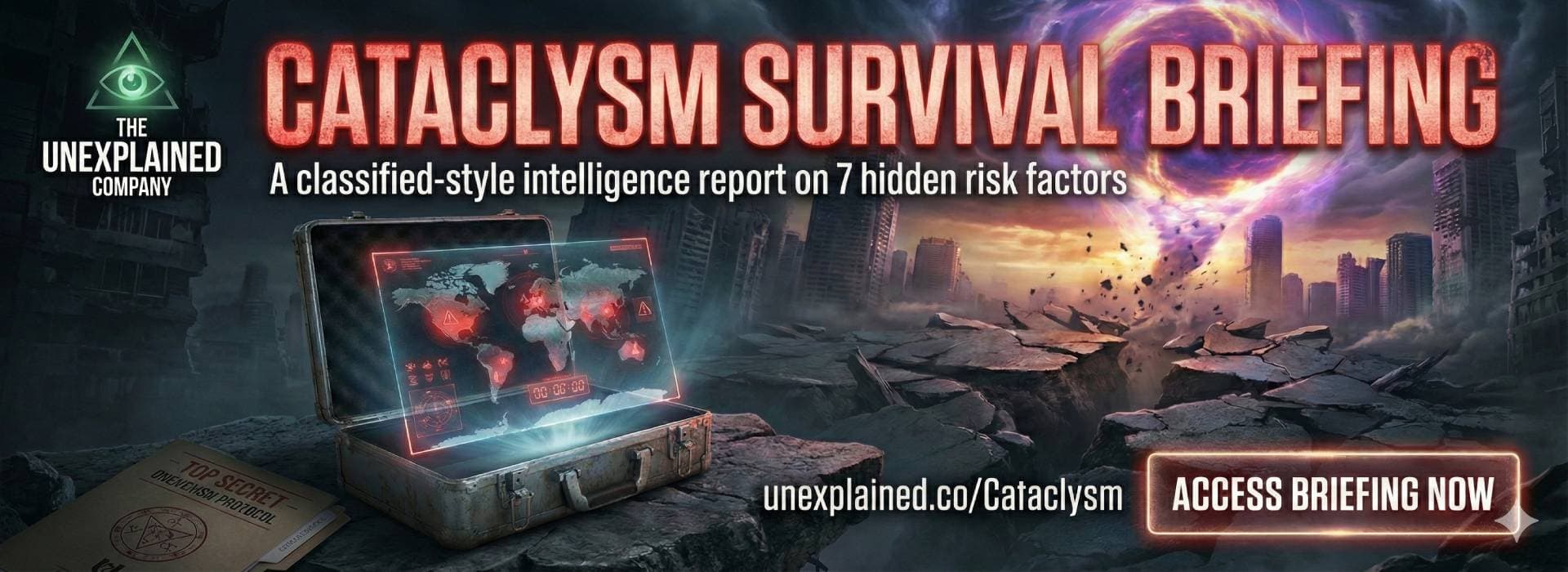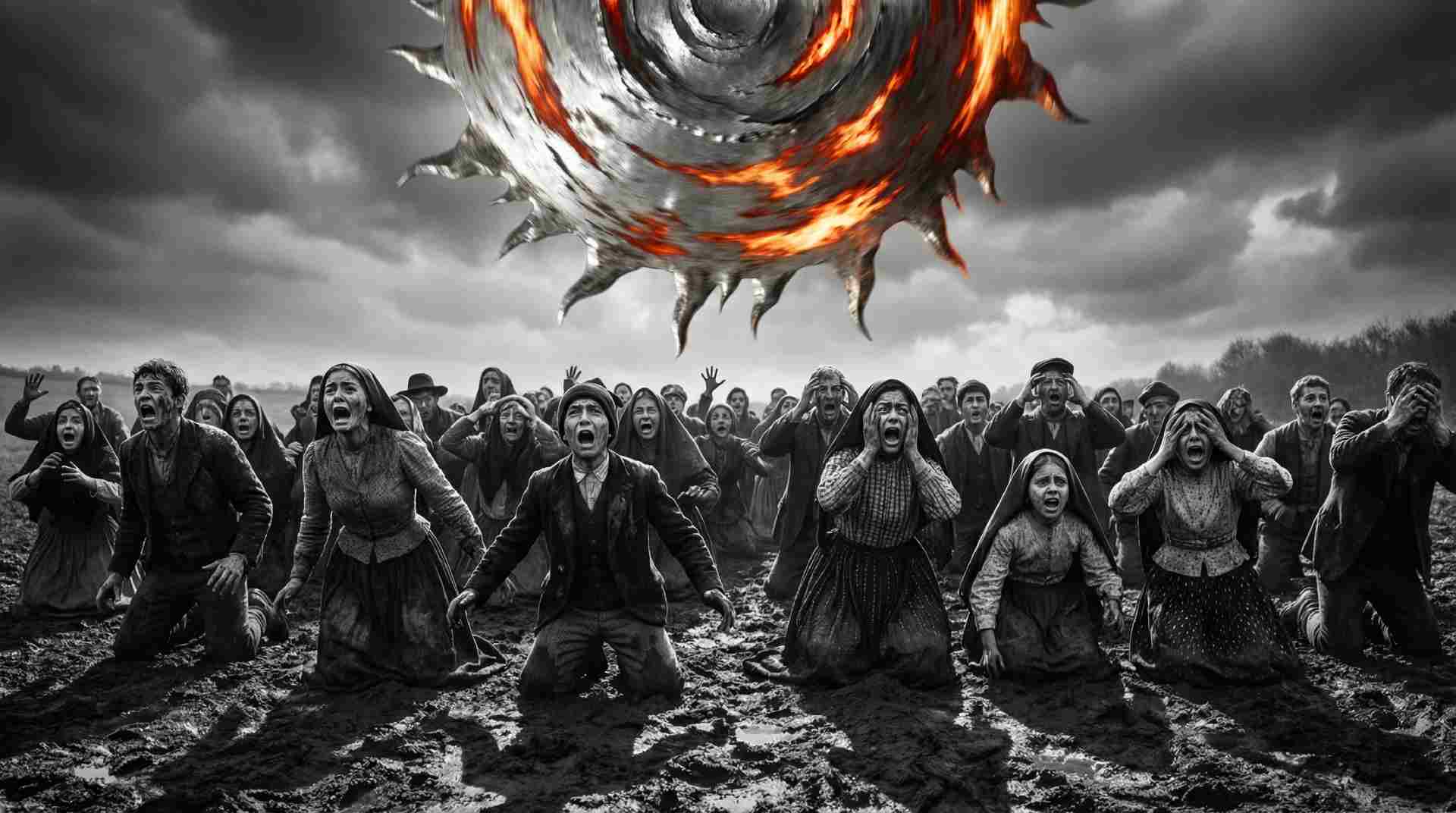Vice magazine’s history is filled with boundary-pushing exploits, especially from Gavin McInnes. He blends gonzo journalism with shock value, creating stories that balance between satire and confessions. His recent viral account of a murder he claims to have witnessed dives into darker, riskier territory, cementing his legacy in our cultural consciousness.
In a recent podcast, McInnes shares haunting memories, recounting a Vice-era episode that sounds like a noir screenplay. He claims he stood at the right or wrong spot when a violent crime erupted. This violence wasn’t the sanitized version of a streaming series; it was raw, real, and distinctly Vice. The story, now immortalized on YouTube, sparks debate: is this classic edge-lording, a confessional, or a commentary on the thin line between reporting and participating?
Vice Magazine: Gonzo Journalism, Subculture, and the McInnes Factor
Vice’s early years blended subversive wit with fearless journalism, qualities epitomized by McInnes. He co-founded Vice in 1996, converting it from a Montreal zine to a global media player. According to Wikipedia’s overview of McInnes, his time at Vice is as controversial as the magazine’s most notorious headlines: think hard-partying antics, shock-jock interviews, and a readiness to explore taboo topics that mainstream media avoided. These editorial choices attracted young readers while inviting scrutiny over the consequences of blurring the line between counterculture and crime.
Gavin’s transformation from publishing maverick to far-right provocateur complicates his legacy, shedding new light on his Vice stories. Incidents like the murder tale prompt questions: Where is the truth in tales from the edges? How much of Vice’s success stemmed from chronicling chaos versus immersing itself in it—often risking real danger?
The Morbid Lure of True Crime in the Modern Media Landscape
Today, the appetite for true crime and shocking narratives is vast, fueling a universe of podcasts, docuseries, and online debates. McInnes’s storytelling—slick, self-aware, and balancing between fact and exaggeration—offers a different resonance. Can one witness horror and profit from it without becoming complicit?
Cultural critics analyze McInnes’s stories beyond mere voyeurism. The rise of viral confessional content scrutinizes morality and narrative license. These blurred boundaries reflect a growing cultural trend where truth becomes about narrative rather than evidence, as seen in exposés on secrets and uncertainty, like tragic whistleblower cases or investigations of haunted workplaces. Society remains both jaded and obsessed with the macabre.
Fact, Folklore, or Viral Myth? Sorting the Truth From the Spin
As with many tales from McInnes, the details of his murder witness story remain difficult to verify outside his retelling. Is it an urban legend, or does it reveal gritty truths from Vice’s rise? The constant blend of fact and performance marks much of McInnes’s career, documented in mainstream analyses like this investigation of his controversial path. The struggle to differentiate real-life horror from performative confession challenges audiences as they seek truth in an era filled with manufactured spectacle. When even murder stories can trend, what remains shocking?
This dynamic plays out in both fantastical and chilling mysteries, such as bizarre wilderness encounters and conspiracy-fueled viral investigations. Here, the currency lies not just in the events, but in who shapes the narrative and how it’s tailored for digital attention.
Controversy, Caution, and the Blur of Memory
The cult of personality around McInnes guarantees that any new story faces intense scrutiny and meme culture. Yet, interest in these edgy narratives, especially those bordering on danger, shows no signs of waning. Each viral confession further dismantles old media boundaries, blending truth, myth, and memory into the murky folklore of our age.
For enthusiasts seeking unsettling tales—true, exaggerated, or ambiguous—sites like Unexplained.co offer a vast archive of humanity’s darkest and most debated obsessions. Let’s hope not every podcast guest shares a firsthand murder tale, but if they do, the internet will always be ready to listen—and debate.





